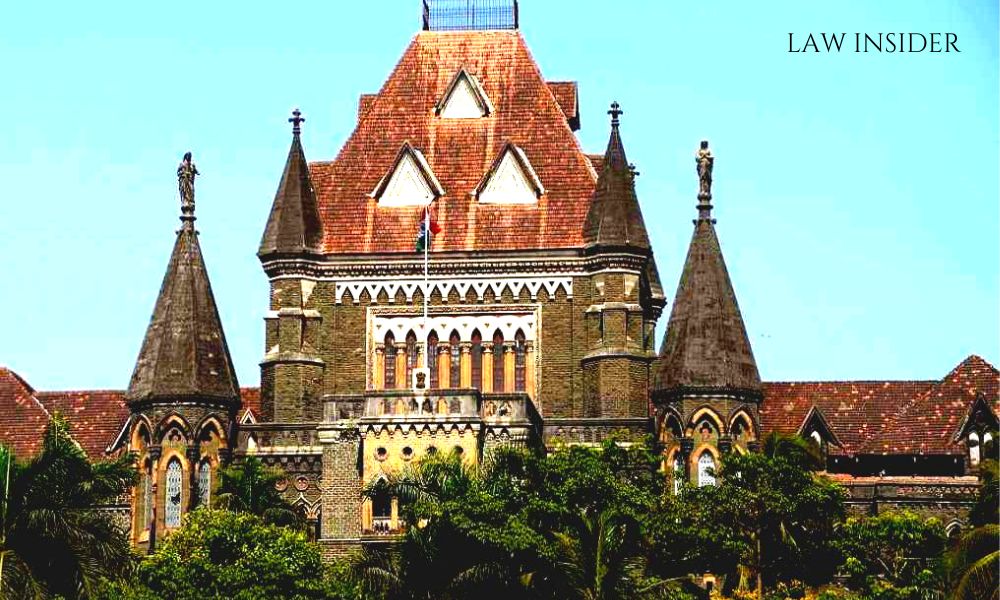LI Network
Published on: October 26, 2023 at 15:05 IST
The Goa Bench of the Bombay High Court, presided over by Justice Bharat P Deshpande, reiterated a critical legal principle.
The court emphasized that when a party to a lawsuit does not take the stand in the witness box to testify about their case under oath and refuses to subject themselves to cross-examination by the opposing side, a presumption arises that the case presented by that party is not accurate.
This principle was reaffirmed with reference to the case of Vidyadhar. The court cited the Apex Court’s observations in the case of Vidyadhar, stating that if a party in a lawsuit fails to appear in the witness box, presents its own case on oath, but declines to be cross-examined by the opposing party, it can be presumed that the party’s version of events is not correct.
Applying this principle to the specific case at hand, the court concluded that the plaintiff’s success should be in connection with the alternate prayer, rather than the relief granted by the Trial Court.
The case in question involved a challenge by the appellant to a judgment in a Special Civil Suit. The Trial Court had partially granted an injunction to restrain the defendants from interfering with construction as per a 2006 Agreement. However, the Trial Court rejected the plaintiff’s claims for compensation and damages, arguing that the injunction had become ineffective due to the revocation of construction licenses and Power of Attorney. The plaintiff contended that without these authorizations, damages and compensation were justified, and an application was made to present a bank statement as additional evidence. Since the respondents did not appear, the matter proceeded to final disposal.
The plaintiff further argued that the Trial Court’s findings were arbitrary and sought the quashing of the judgment. The core issues revolved around the validity of the Agreement and the plaintiff’s entitlement to damages and compensation.
The Court took note of the cheques, which were clearly indicated in the plaintiff’s statement of account, and approved the application for the production of additional documents. In this context, the court stressed the necessity of admitting the statement of account, which demonstrated payments made by the plaintiff to the Margao Municipal Council. These payments were further supported by receipts from the plaintiff, verifying the expenditures.
Additionally, the court relied on Section 73 of the Indian Contract Act, which holds that when a contract is breached, the party suffering from the breach is entitled to receive compensation for any loss or damage resulting from the breach. As a result, the appeal was partly allowed, and the judgment that denied the plaintiff’s compensation and damages claims was quashed and set aside.
Case Title: Shyam Pundalik Chodnekar vs Vishwas Saantosh Malvankar & Ors.

